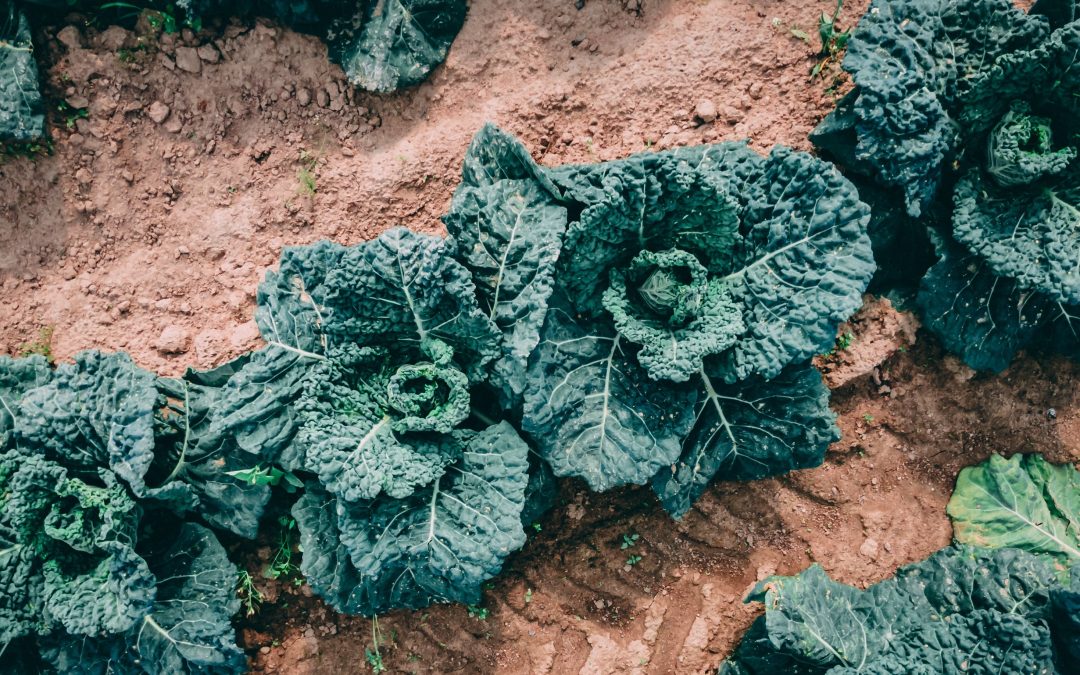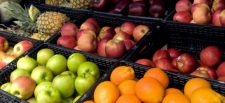The European Commission has announced steps to tackle food waste as part of its European Green Deal which it says will “strengthen the resilience of EU food systems and farming.”
According to the report, in one year, nearly 59 million tonnes of food are wasted, with 53% of this being generated by households and 20% by the processing and manufacturing sector.
The Commission has proposed that by 2030, member states must reduce food waste by 10% in processing and manufacturing and by 30% at retail and consumption.
A spokesperson for climate action NGO WRAP said: “Last year, WRAP revealed the shocking fact that of 193 countries submitting Nationally Determined Contributions at COP, only nine committed to reducing food waste. With global food production alone currently pushing the Earth beyond the 1.5°C mark, this dangerous lack of foresight into our food system risks undermining essential climate action efforts. Today’s announcement by the European Commission for Member States to set food waste reduction targets is a positive step forward.”
Providing farmers and breeders with technology such as New Genomic Techniques (NGT) could help boost resilience for agriculture and protect harvests, argued the Commission. NGT allow developing hardier plant varieties that require less fertilisers and pesticides in order to reduce the use and risk of chemical pesticides by 50%. Developing plants that ensure higher yields would make for an EU with less dependency on agricultural imports.
When it comes to seeds, the European sector is the largest global exporter, holding 20% of the global market. The Commission proposed regulation to increase the diversity and quality of seeds, cuttings and other plant reproductive material – this will be possible by sustainably testing plant varieties and future-proofing them, meaning material like seeds will be better adapted to climate change.
The Commission states that 60-70% of soils in the EU are currently “unhealthy”, but working to improve soil health will positively impact how farmers approach their crops. By passing a new EU law to increase the value of soil and its resources and combining this information with soil data, farmers and other landowners will have the information they need to diagnose crop disease, implement the correct treatment method and increase soil yields.
WRAP’s spokesperson concluded: “The UK is working towards an ambitious target to halve its own food waste by 2030, in line with the UN’s global ambition, and is already more than halfway to that goal. There is a real opportunity for more of the world to tackle the environmental impacts and social injustices of food waste.









